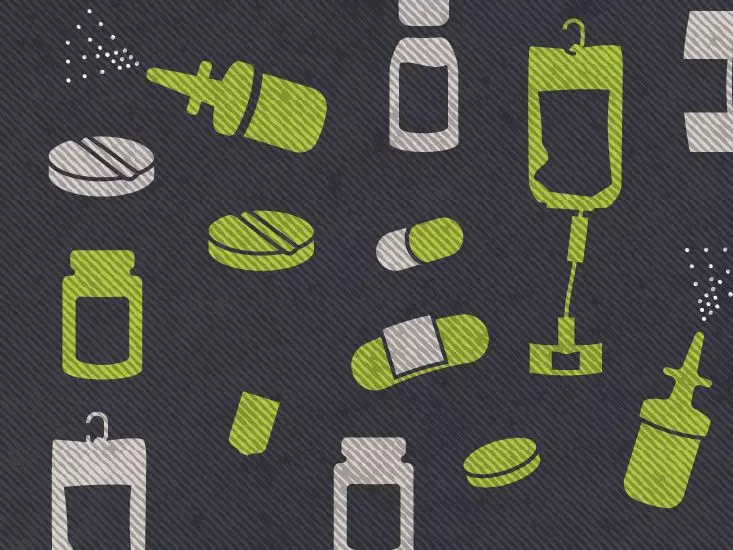Benadryl, which contains diphenhydramine as its active ingredient, is a popular brand-name drug used for various purposes such as allergies, allergic reactions, and itching. It belongs to the category of first-generation antihistamines and is available in both brand-name and generic versions.
Benadryl is available in different oral forms, including oral tablets, liquid-filled capsules, liquid solutions, and chewable tablets. Additionally, there are also topical forms of Benadryl like gel, cream, spray, and stick that are applied directly to the skin for relief from itching and discomfort.
Dosage Recommendations
The dosages for Benadryl can vary based on age, form, and the condition being treated. For adults, the recommended oral dose of Benadryl is typically between 25 to 50 mg every 4 to 6 hours, but not exceeding 6 doses within 24 hours. Children aged 6 to 11 years are advised to take 12.5 to 25 mg, while those 12 years and older can take 25 to 50 mg every 4 to 6 hours. It is crucial to follow the specific dosage instructions provided by your healthcare provider or on the product label.
Usage in Children
Children aged 2 to 5 years should only take Benadryl under the guidance of a healthcare professional, with dosages based on weight and determined by a doctor. Children aged 2 years and older can use topical forms of Benadryl to alleviate skin itching and related discomfort caused by rashes or insect bites. Always consult with a pharmacist or pediatrician regarding the appropriate dosage for children.
Important Considerations
Benadryl is an over-the-counter medication, and it is essential to carefully read and follow the directions on the product label. The medication can be taken with or without food, and there are alternative forms available like chewable tablets and liquid solutions for those who have difficulty swallowing pills. Additionally, topical forms of Benadryl should only be used externally on the skin, and any questions about usage should be directed to a healthcare professional.
Whether using Benadryl as a short-term solution for allergic reactions or for long-term management of allergies, it is crucial not to exceed the recommended dosage mentioned on the label. Taking more than the suggested amount may lead to harmful effects or overdose. If there are concerns about the duration of Benadryl usage, it is advisable to seek advice from a healthcare provider to ensure safe and effective medication management.
Seeking Medical Help
In cases of accidental overdose or severe symptoms after taking Benadryl, it is crucial to contact a healthcare provider immediately. For emergency situations, such as difficulty breathing or loss of consciousness, call 911 or go to the nearest emergency room. If there are concerns about medication interactions or adverse effects, consulting with a healthcare professional is essential to ensure safe usage of Benadryl.
While Benadryl is a commonly used medication for allergies and itching, it is important to understand the proper dosage, usage guidelines, and precautions to ensure safe and effective treatment. Always consult with a healthcare professional for personalized recommendations and advice tailored to your specific needs.

